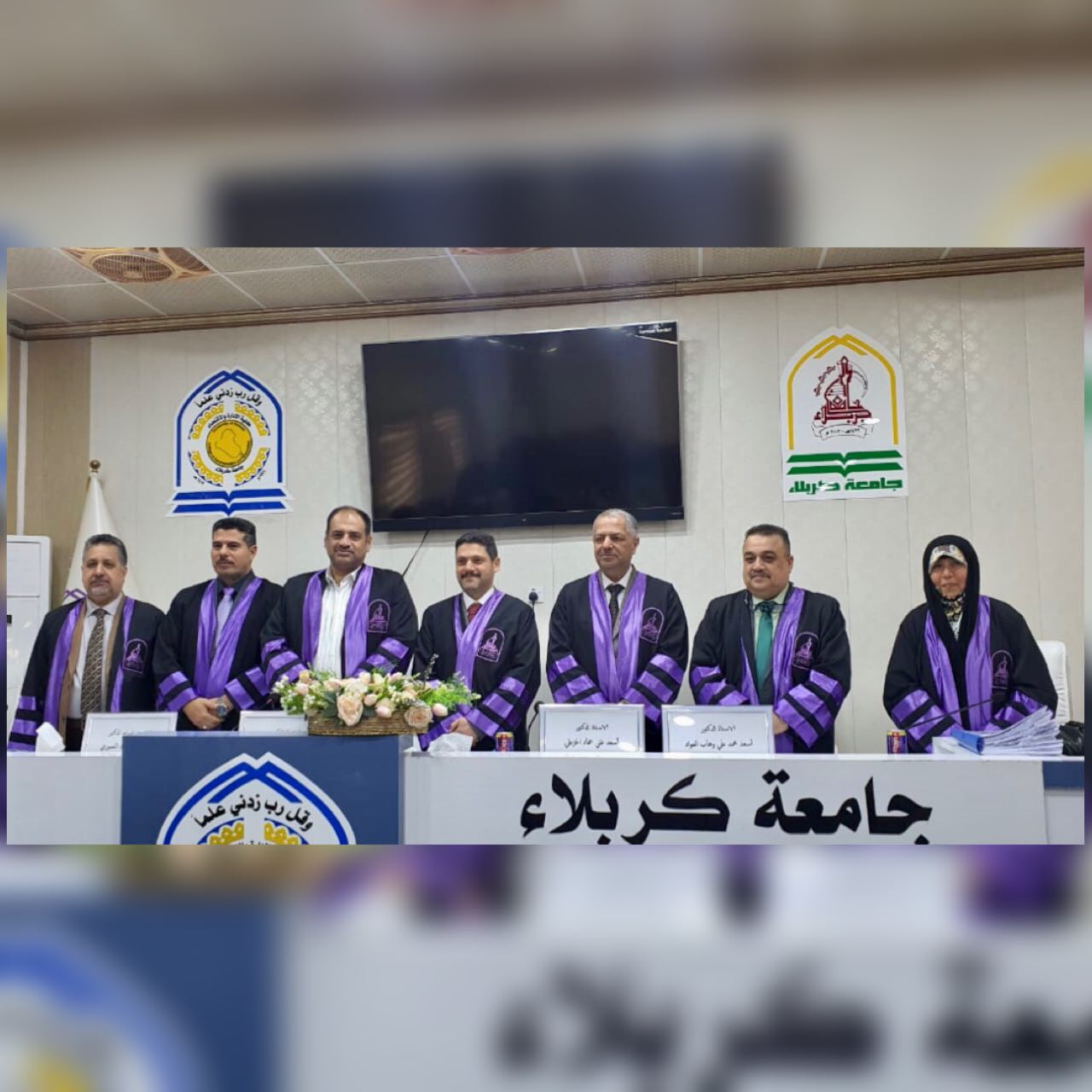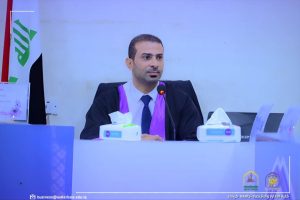Employing the Theory of Multiple Intelligences to Enhance the External Auditor’s Skills and It Is Effect on Auditing Quality
Dissertation Introduction
To the Council of the College of Administration and Economics – University of Kerbala
It Is Part of the Requirements for Obtaining a Ph.D. Degree in Accounting
By the Student
Hayder Sameer AbdulKadhim Jaber
Supervised by
Prof. Dr. Mohammed Mahmoud Jassem Al-Taie
Abstract
The research aims to study the effect of employing the theory of multiple intelligences of the psychologist (Howard Gardner) to enhance the external auditor’s skills, as well as revealing the effect of this theory on auditing quality, which is the main objective of the research. It also aims to reveal the extent to which both the external auditor’s skills and auditing quality indicators are present in the annual audit reports, the research sample. The research also aims at the intellectual framing of the external auditor’s skills and auditing quality indicators. The researcher used two tools to collect the data required for research and access to the results: a case study of a sample of annual audit reports, and an electronic questionnaire that included three axes, each axis related to one of the three research variables. For the purpose of analyzing the data, the researcher used three statistical programs (AMOS vr.24, SPSS vr.24, Microsoft Excel 2016). The research sample consisted of (215) external auditors of two categories, namely the category of auditors of the Federal Board Of Supreme Audit in Iraq, and the category of Certified Public Accountant (CPA) and some auditors working with them in authorized audit offices, in (8) governorates representing the Middle Euphrates region and the southern region of Iraq.
Among the most important conclusions reached by the research is the presence of a significant effect of multiple intelligences on the external auditor’s skills, also the presence of a direct significant effect of multiple intelligences on the auditing quality, as well as the presence of an indirect significant effect of multiple intelligences on the auditing quality through the external auditor’s skills as an mediator variable. The research also found that there is a verified effect of eight skills in the audit reports of the research sample, which constitute (80%) of the total of the ten studied external auditor’s skills. As for the auditing quality, its indicators achieved in the above reports are six indicators, which constitute (75%) of the total of the eight indicators studied.































































